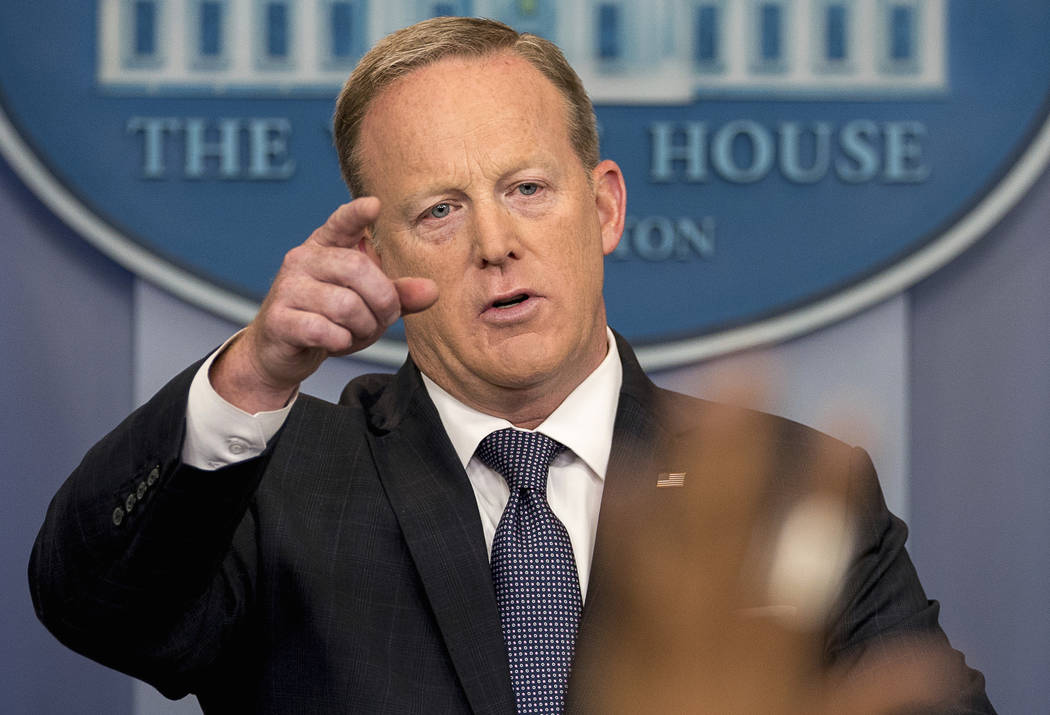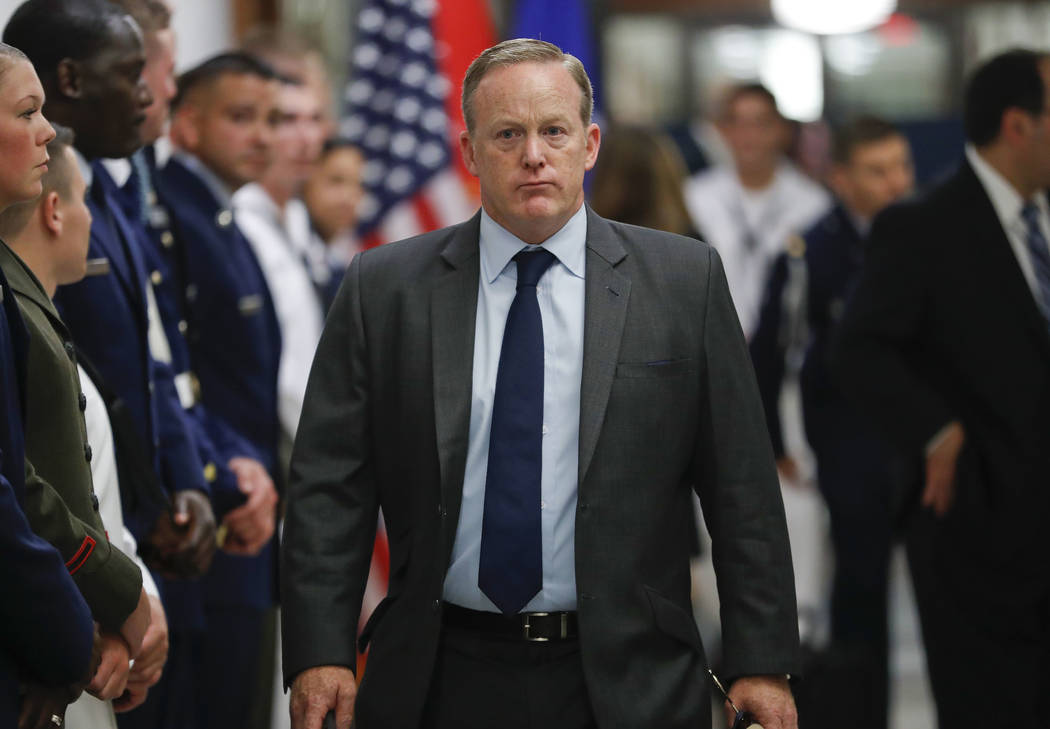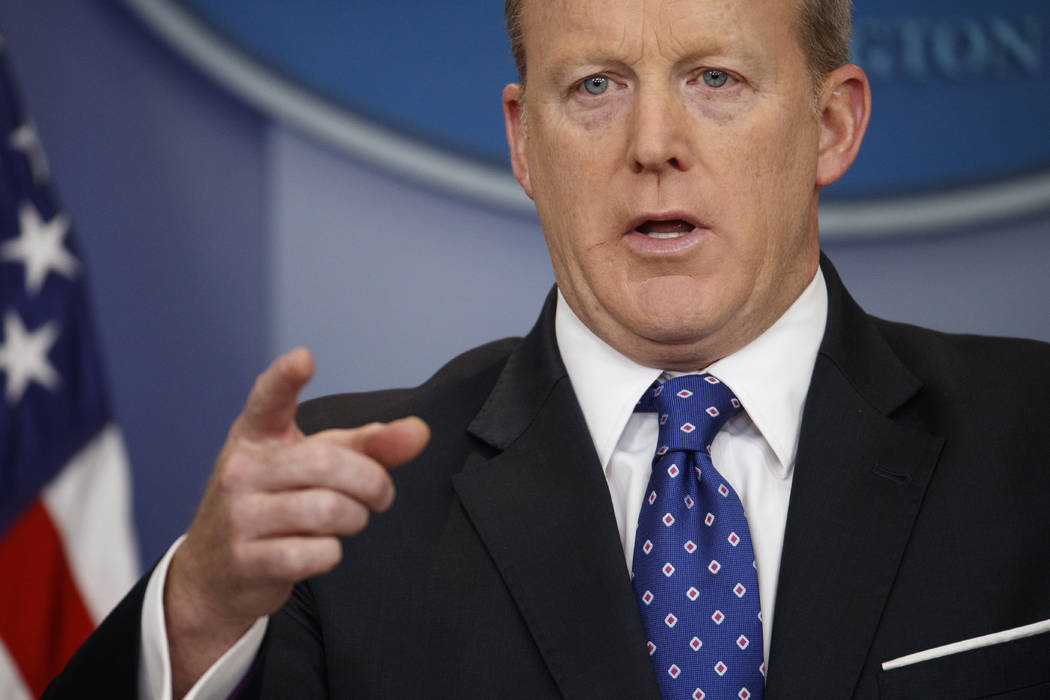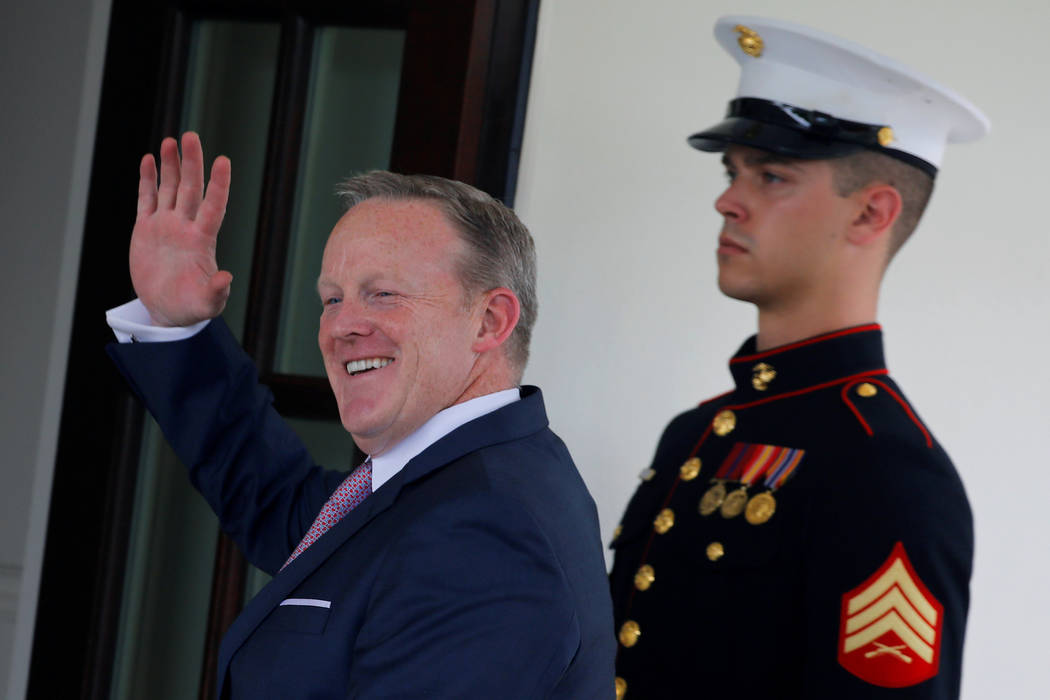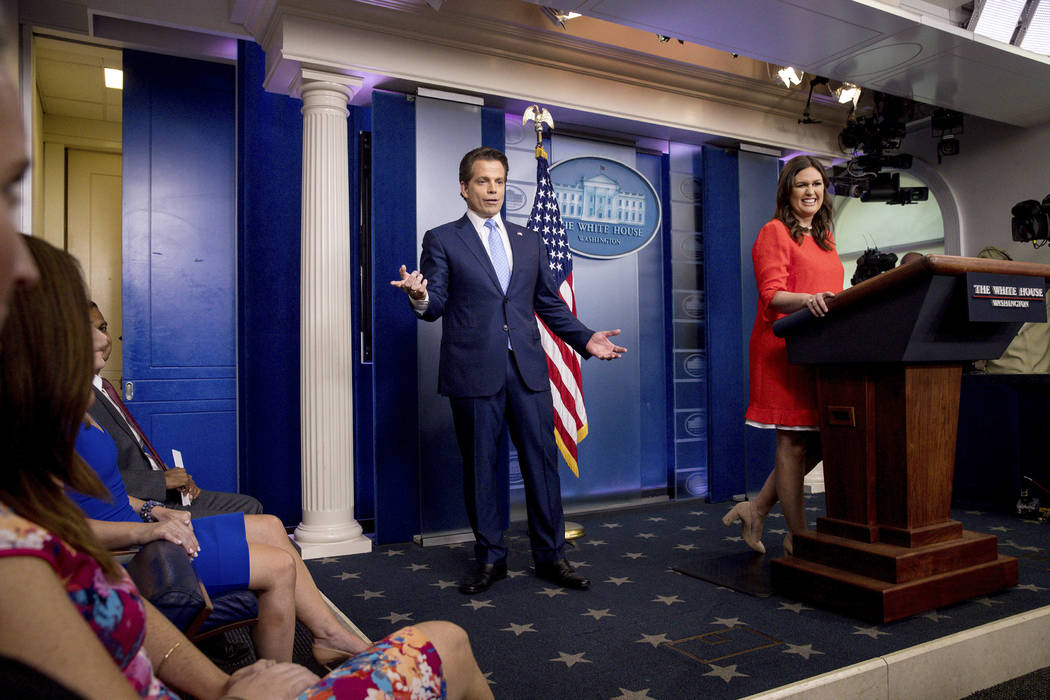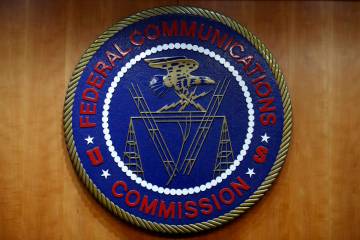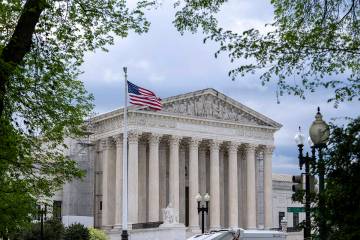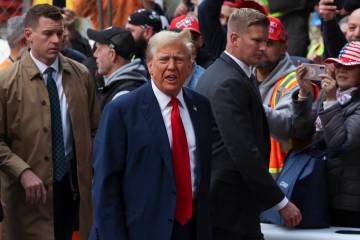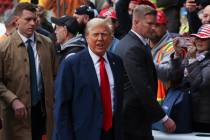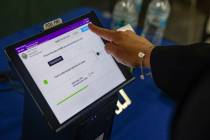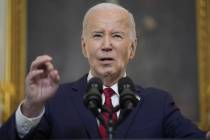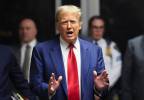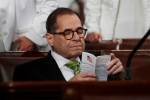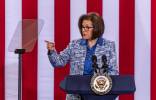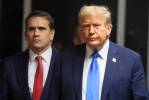White House press secretary Sean Spicer resigns
WASHINGTON — White House Press Secretary Sean Spicer resigned Friday after being replaced as President Donald Trump’s communications director by GOP fundraiser and New York financier Anthony Scaramucci.
Deputy Press Secretary Sarah Huckabee Sanders was named White House press secretary during a 24-hour period that also saw a shakeup in Trump’s legal team.
Hours after reports of his resignation first appeared, Spicer tweeted that he considered it “an honor & a privilege to serve” Trump. He added that he will stay on the job through August.
Spicer’s resignation follows weeks of speculation that Trump would can his press secretary, who had become a household name and a frequent butt of jokes as a podium-charging character named “Spicey” played by comedian Melissa McCarthy on Saturday Night Live.
It's been an honor & a privilege to serve @POTUS @realDonaldTrump & this amazing country. I will continue my service through August
— Sean Spicer (@PressSec) July 21, 2017
Similar rumors have dogged chief of staff Reince Priebus as well. To counter news reports about his opposition to the Scaramucci hire, Priebus told the Associated Press he backed the hire “100 percent.”
A polished television commentator, Scaramucci has a law degree from Harvard but no professional experience as an in-house political spokesman. He is likely to bring panache to the job, as well as a willingness to challenge news organizations.
A reminder to reporters
As he took questions from the media for his first time in the briefing room, Scaramucci reminded CNN reporter Sara Murray about a June CNN story that made unfounded accusations about his involvement with a Russian investment fund. CNN retracted the story; later three journalists involved with the story resigned.
When Murray asked if Scaramucci would use the phrase “fake news,” he reminded her of the story, CNN’s retraction and his acceptance of an apology.
But a source close to the White House press team bristled at Trump’s decision to hire someone who lacked Spicer’s credentials.
“This is a joke,” said the source. “Trump wanted Scaramucci on television as a surrogate for the White House and wanted to give him more of a formal title. There was simply no understanding by the president that the communications director title comes with lots of responsibilities, not just going on television. He was still expecting Spicer to serve as press secretary and communications director while Scaramucci would have a ceremonial title with no understanding of how the government works.”
For his part, Scaramucci praised Spicer for deciding to clear the way for his successor.
“I love the guy,” Scaramucci said of Spicer, “and I hope he goes on to make a tremendous amount of money.”
Asked if there will be more personnel changes in the press shop, Scaramucci replied, “(Social media manager) Dan Scavino and (long-time aide) Hope Hicks are staying.”
Spicer served as both communications director and press secretary when Trump took the oath-of-office. Mike Dubke, who had no history with Trump from the 2016 campaign, took on the communications helm for what turned out to be a short three-month gig, after he failed to bond with the president. When Dubke left, Spicer resumed double duty.
From his first moment at the White House press podium, Spicer faced obstacles not faced by his predecessors.
The day after the Inauguration, Trump sent Spicer out to lecture the White House press corps for “deliberately false reporting” on the crowd size on Inauguration Day. But it was Spicer who got the story wrong. Politifact rated Spicer’s first press briefing as “pants on fire” false and the Washington Post gave his performance “four Pinocchios.”
Spicer’s departure followed a morning fueled with speculation after published reports based on anonymous sources said that Trump had begun looking into granting others, and perhaps himself, a presidential pardon.
Shakeup in legal team
The press room shakeup also followed a shakeup in the legal team representing Trump personally as Special Counsel Robert Mueller conducts a probe into Russian attempts to interfere in the 2016 presidential election.
Washington attorney John Dowd has replaced New York attorney Marc Kasowitz, who has represented Trump repeatedly over the years, as the lead attorney.
In addition, Mark Corallo, a well-known Republican operative in Washington who had a role in political hot zones during the Clinton and George W. Bush administrations, also resigned as the legal team’s spokesman Thursday.
Corallo departed as the New York Times reported that Trump’s lawyers were scouring Mueller’s history, as well as Mueller’s hires, in an effort to build a case for the removal of the special counsel. The Washington Post reported that one such conflict could be a dues dispute with the Trump National Golf Club when Mueller resigned in 2011 – a charge Mueller’s office denied.
Corallo worked in the Department of Justice with Mueller. He told Politico that he does not believe Mueller will expand the investigation beyond its original focus, adding, “You’ll never hear me say a bad thing about Bob Mueller.”
“Mark did a great job,” Dowd said when asked about Corallo’s departure. “We have a different approach handling our own press relations.”
Dowd also maintained the pardon and conflict stories are false and the “sourcing was terrible.”
Jay Sekulow, another of Trump’s attorneys, cited a one-source story from Bloomberg News that reported that Mueller had expanded the Russia probe to include a broad range of transactions involving Trump’s businesses as well as those of his associates.
“They’re talking about real estate transactions in Palm Beach several years ago,” Sekulow told the Washington Post. “In our view, this is far outside the scope of a legitimate investigation.”
Contact Debra J. Saunders at dsaunders@reviewjournal.com or at 202-662-7391. Follow @DebraJSaunders on Twitter.
Scaramucci apologizes — again
In an August 2015 appearance on Fox Business Network, Anthony Scaramucci called Donald Trump a "hack politician." Asked Friday whether Trump was aware of the comment, Scaramucci joked to reporters that the president mentions it every 15 seconds and called it one of his "biggest mistakes." He then looked into the cameras and said: "Mr. President, if you're listening, I personally apologize for the 50th time for saying that."
The Associated Press



